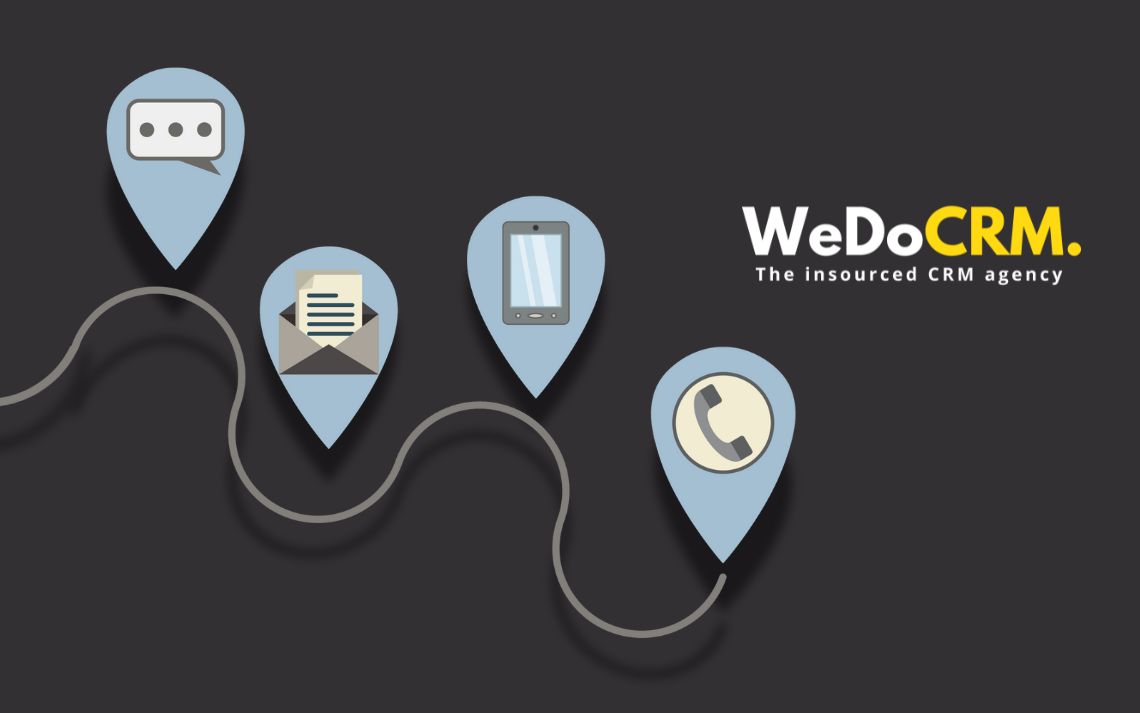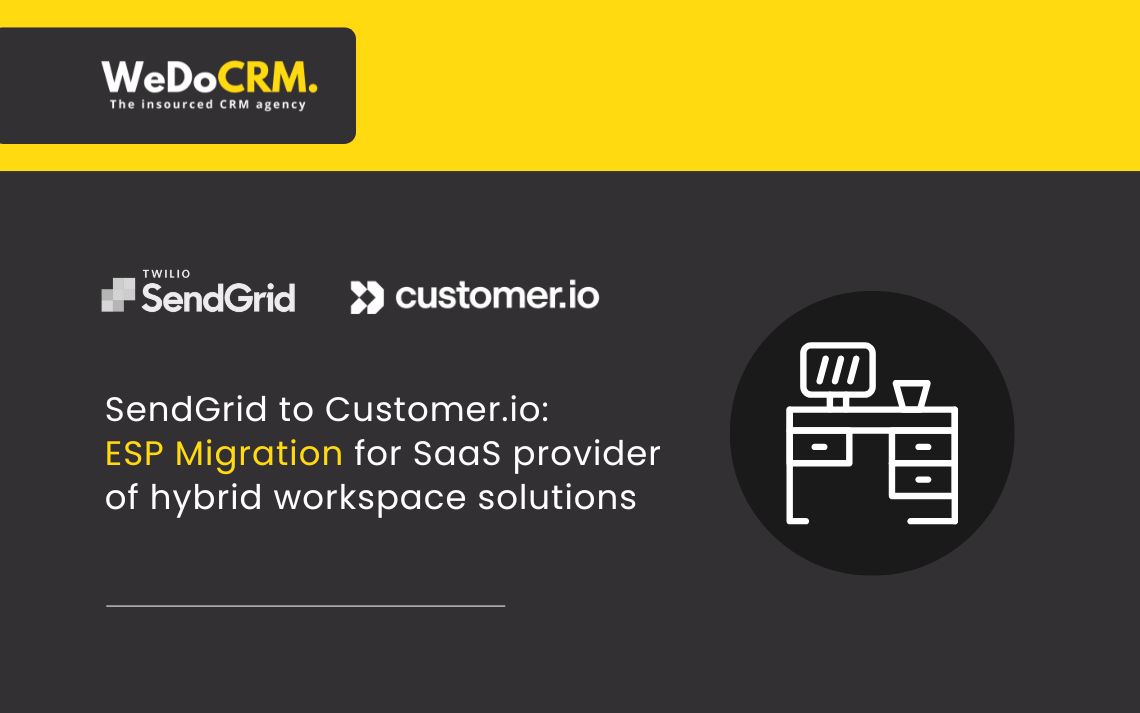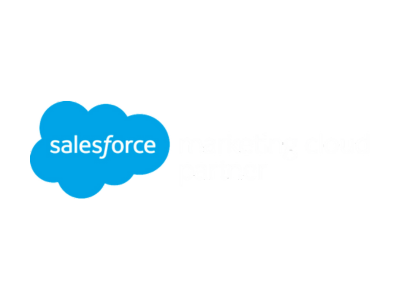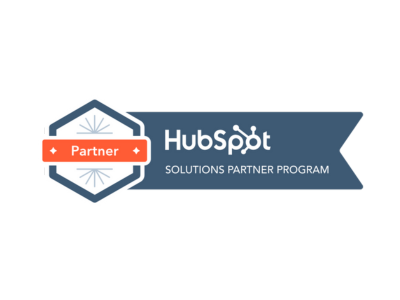When it comes to picking a CRM, HubSpot and Salesforce are the OGs, the champions that everyone talks about. Both are powerful, trusted, and the best CRMs out there. But which one is right for your business?
- HubSpot: It’s your go-to for easy, all-in-one marketing and sales tools, perfect for small to mid-sized businesses or teams that want a simple, user-friendly experience. Plus, there’s a free tier.
- Salesforce: Think big. If your business needs major customisation, advanced analytics, and scaling superpowers, Salesforce is the one. But brace yourself, it’s not a plug-and-play like HubSpot.
Salesforce is ranked as the #1 CRM provider by the International Data Corporation (marking 11 years straight at the top!) And then there’s HubSpot, named #1 in Sales and Marketing by G2’s 2024 Best Software Awards. Both are industry leaders, we recommend and use both daily, and either way, you’re in great hands!
So, how do you decide which is right for you? Let’s break it down.
1. Getting Started – Which One is Easier to Use?
One of HubSpot’s strongest points is that it has a user-friendly interface. It’s designed to be intuitive, especially for small to mid-sized businesses or teams new to CRM software. We really like the drag-and-drop tools, built-in tutorials and clear layout. It is easy to jump right in without needing help with set-up.
Salesforce, on the other hand, offers unmatched customisation but comes with a steeper learning curve. We have seen that large companies with more complex needs might prefer Salesforce, however, it often needs someone with technical experience and expertise. It can be a whirlwind when you first launch it and getting the most out of it usually involves hiring a dedicated consultant.
WeDoCRM’s Verdict: If simplicity and ease of use are what you need then HubSpot is your winner. If you’re comfortable with complexity and need advanced customisation, Salesforce takes the lead.
2. Pricing: How Much is it Going to Cost?
Without beating around the bush, no matter how awesome these CRMs are, cost is always a crucial factor for any business. So before we dive into their unique and fabulous features, let’s get into the nitty-gritty of pricing.
We recommend HubSpot to our startups and small businesses as it offers a free tier with basic CRM features. Although it’s free to start with which makes it highly attractive, as you grow, so do the costs! But, don’t worry, their pricing is relatively transparent and you can pay for specific add-ons based on what you require at the time.
With Salesforce, it operates on a tiered pricing model that can become expensive, quickly – especially for small businesses. While there is no free version like HubSpot, their higher cost is reflected in the fact it’s ideal for larger companies who are already experiencing rapid growth.
WeDoCRM’s Verdict: For small businesses or those starting out, HubSpot’s free and affordable tiers provide excellent value. For larger enterprises with bigger budgets and complex needs, Salesforce’s features justify the higher price point.
3. Features: What Can They Do?
HubSpot shines in its all-in-one approach, combining CRM, marketing, sales, and customer service tools in one platform. Sounds great right? Its built-in features include email marketing, landing pages, live chat and social media management, making it ideal for you if you are looking for a unified solution. However, although we think it is great for inbound marketing, it can be limiting when it comes to advanced sales automation and customisation.
Other examples of HubSpot’s marketing features include page optimisation suggestions, marketing automation based on triggered actions, a website and webpage builder, AI-assisted blogging, automatic site-wide SEO recommendations, and website performance analysis with topic suggestions through Google Search Console integration.
Salesforce is a feature-packed powerhouse, especially in the realm of sales and customer management. Compared to HubSpot, its marketing features are also quite extensive and include AI-powered automation, advanced analytics and complex workflows. (they both really are extremely competitive when it comes to the features!) It’s also highly customisable and integrates with thousands of third-party apps, meaning it can adapt to almost any business model.
WeDoCRM’s Verdict: HubSpot excels at delivering an all-in-one solution for marketing and sales teams. If you need sophisticated sales automation and deep customisation, Salesforce offers far more flexibility.
4. Which One is Better at Integration and Customisation?
While HubSpot integrates with many apps, its ecosystem is not as vast or as deeply customisable as Salesforce. However, for most small and mid-sized businesses, the integrations HubSpot offers (Slack, Google Workspace, Shopify, etc.) are more than sufficient. What about coding? HubSpot has CMS and does allow JavaScript and Python for customising workflows, they aren’t as robust as Salesforce though.
Salesforce is known for its ability to integrate with just about ANY tool you can think of. With its extensive AppExchange marketplace, Salesforce can be tailored to meet highly specific needs, whether through custom apps, integrations, or workflow automation. The one thing we love is their custom coding where you can customise essentially anything you want. They even launched the Code Builder allowing developers to get to work without any additional software. (This is a massive plus from our technical CRM gurus here at WeDoCRM.)
WeDoCRM’s Verdict: If integration and customisation are essential to your operations, Salesforce offers unmatched flexibility. HubSpot still integrates with a wide range of tools, but its customisation options are more limited in comparison.
5. Scalability: Will It Grow with You?
As we have said before, HubSpot works beautifully for small to medium-sized businesses and can scale up to a certain point. However, it may hit limits as your organisation grows in size and becomes more complex. If you end up having a massive sales team, it is quite limiting to manage complicated workflows.
Salesforce is the ultimate choice for scalability. Whether you’re a startup with big ambitions or a large corporation managing multiple departments, Salesforce can handle immense amounts of data, users, and customisation needs, making it a go-to for businesses that expect rapid growth.
WeDoCRM’s Verdict: If your business is small but poised for fast growth, Salesforce might be a better long-term solution. HubSpot is fantastic for smaller, more agile teams but may not support highly complex operations as you scale.
6. What About AI Capabilities?
Both Salesforce and HubSpot have been all-in on AI for a long time and both have the best kind of integrated features that are a complete time saver!
From the moment you log into HubSpot, it holds your hand, including prompts from the AI Chatbot that is like your personal assistant suggesting workflow enhancements and data-based insights. It certainly has your back to keep you making the most out of your platform.
Salesforce has an AI engine called Einstein. It’s all about making the customer success platform smarter. Salesforce Einstein Analytics gives you the ability to put your business under the microscope – looking at progress and performance in real time.
WeDoCRM’s Verdict: It’s great that both platforms offer AI functionality but we would have to say that Salesforce’s Einstein feature is far more complex, however, HubSpot’s is more seamlessly integrated into its platform and easy to find so it is all down to your preferences, do you want complexity or ease?
7. Customer Support – Who Can I Turn to for Help?
The thing we love most about HubSpot is its extensive knowledge base and community forums. There is so much out there that they have the answers to that you don’t need to spend unnecessary time emailing for answers. For paying customers, there’s phone and email support too of course and they even go that one step further by offering a dedicated account manager to enterprise plan customers.
Good to know: WeDoCRM offers staff training programmes with Hubspot Academy to ensure your team gets the most out of your CRM system. Whether it’s basic navigation, advanced features, or specific workflows, our experienced trainers will guide your team through hands-on exercises and real-world scenarios to ensure they feel confident using the CRM system.
Salesforce offers various support plans, however, it is not such a breeze compared to HubSpot. They may offer 24/7 phone support but this is to higher tier customers only, and the basic support options are limited unless you pay the extra which can be extremely frustrating.
Good to know: You can unlock unparalleled ROI with Salesforce’s CRM suite and WeDoCRM’s tailored support. From streamlined sales to enhanced customer engagement, this partnership will deliver you impressive results. So, if you decide that Salesforce is for you – join the journey as we guide you through seamless implementation and optimisation, driving success for your business.
WeDoCRM’s Verdict: HubSpot wins hands down with its, accessible support. Salesforce is more complicated, and while support is available, you may end up needing third-party help to get the most out of the platform.
Which CRM Is Right for You?
When it comes down to it, both HubSpot and Salesforce offer top-tier CRM, sales, and marketing tools – just wrapped up in different packages.
HubSpot shines with its functionality, offering quick and easy implementation that gets you up and running faster than your morning coffee kicking in. Customisable dashboards and simple tracking compared to other systems. The main plus is its budget-friendly, perfect for managing social media and helps guide your sales pipeline, turning leads into conversions like a pro.
Salesforce is still the #1 CRM in the world. You can craft custom visual dashboards to keep tabs on your team’s key metrics with ease. And let’s not forget its secret weapon: Einstein AI. This brainy tool predicts deal closures, analyses sentiment, serves up real-time data insights and drops smart suggestions to boost performance. When it comes to reporting and analytics, Salesforce flexes harder than HubSpot!
What it comes down to is what your business needs. We would say if you’re a large business, Salesforce is by far the best option with its massive feature set. On the other hand, HubSpot is a great option for SMEs and start-ups that need a powerful CRM but aren’t ready to part ways with loads of cash.
WeDoCRM’s Recommendation: If you’re thinking of switching platforms, a word of caution: Salesforce’s complexity makes migrating to it a real headache, while moving to HubSpot is much easier. If you’re just starting, make a list of your must-haves—features, users, contacts—and compare the pricing. If you are looking at migration tips, we have this article we wrote “CRM migrations and how to avoid them”.
Need more detailed guidance on choosing a CRM or CRM agency?
Our team of experts are always on hand to give advice and support with implementation. Also, check out this helpful resource on How to Choose the Right CRM Platform where we dive into everything you need to know. We’ll walk you through assessing your business needs and help you translate them into practical, budget-friendly CRM solutions.
Get in touch with our team, we’re always on hand to answer questions. If you’d like to discuss a specific project, or would just like to register your interest in our services, complete the form and we’ll reach out to you as soon as possible.



